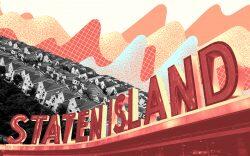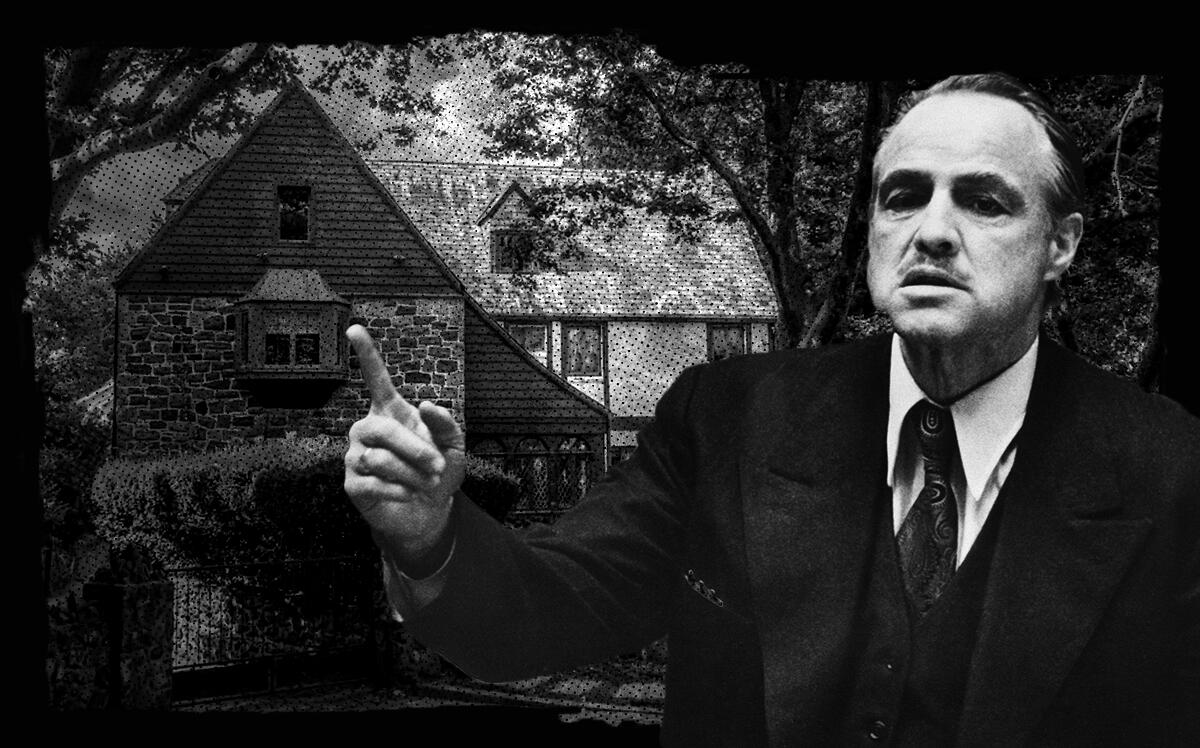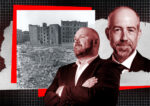 Staten Island isn't like the rest of NYC, but its housing market is
Staten Island isn't like the rest of NYC, but its housing market is
Trending
Live like a don: “Godfather” mansion touted on Airbnb
Staten Island house from Oscar-winning 1972 film listed for summer rental

Don’t forget to take the cannoli if you’re interested in a month-long stay at Vito Corleone’s mansion on Staten Island.
The house, whose exterior served as a setting in the 1972 Oscar-winning mafia film “The Godfather,” has been listed on Airbnb, where fans — or anyone looking to temporarily enjoy a single-family home can stay for at least 30 nights.
Competition may be fierce. The listing has received attention from everything from Time Out to Architectural Digest and of course the Twitterverse. On the 50th anniversary of the film, it’s asking just $50 per night for a month-long stay, according to Time Out – a price that provoked some startled reactions.
“How can it be $50 per day and $1,500 per month to rent? That wouldn’t even cover the owner’s property tax bill,” one poster asked in response to a New York Post story on the rental.
The listing opens on July 27, when just one group of five people at most can book a stay for August. It is unclear whether the owners will rent the home after the summer. The 6,248-square-foot house was built in 1930 and has since been updated, inside and out — except for its identifiable Tudor-style front. It last sold in 2016 for $2.4 million, according to Architectural Digest.
The house’s façade is recognizable from the movie’s opening act where Vito Corleone, played by Marlon Brando attends to some business on the day of his daughter’s wedding. Later in the film, the don dies in the house’s backyard tomato patch, which has since been replaced by a saltwater pool.
While Staten Island lags behind other boroughs as a visitor attraction, new hotel and shopping developments, at least pre-pandemic, were a source of some optimism that the “Borough of Parks” would join the city’s tourism economy that hit $80 billion before the pandemic.
Read more
 Staten Island isn't like the rest of NYC, but its housing market is
Staten Island isn't like the rest of NYC, but its housing market is
 Airbnb’s revenue, profit soar as “work from anywhere” deepens
Airbnb’s revenue, profit soar as “work from anywhere” deepens
[Time Out] — Cailley LaPara




